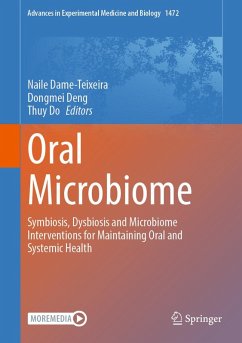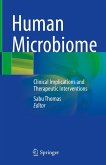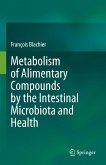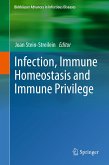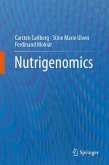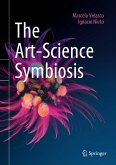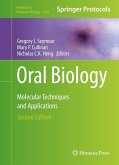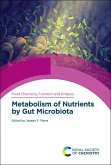Systemic inflammatory diseases can communicate through the oral-gut axis, utilizing signals like cytokines and host defensins, which alter gene expression and, in turn, the composition of the oral microbiome. These alterations can lead to oral health issues such as periodontitis and candidiasis. Moreover, conditions associated with metabolic syndrome - such as obesity, hypertension, hyperglycemia, and dyslipidemia-can worsen oral microbiome dysbiosis. Conversely, the oral microbiota can also affect systemic health.
This book presents evidence on how systemic health conditions impact the oral microbiota and vice versa, highlighting the potential of the oral microbiome as a biomarker for systemic health issues. Looking forward, predictive health models may lead to more personalized healthcare strategies. This volume is a valuable resource for researchers, students, and healthcare professionals interested in the health implications of the oral microbiome.
Dieser Download kann aus rechtlichen Gründen nur mit Rechnungsadresse in A, B, BG, CY, CZ, D, DK, EW, E, FIN, F, GR, HR, H, IRL, I, LT, L, LR, M, NL, PL, P, R, S, SLO, SK ausgeliefert werden.

